Clear rules, stress-free management!
With Bénoline, customized and compliant building regulations make your relationships with tenants easier. Contact us.

August 2025
In our previous article, "The Building Bylaw: An Essential Tool for Your Rental Management in Montreal", we highlighted the importance of this document. If the lease is the foundation of your rental relationship, the building bylaw is the code of conduct that ensures harmonious cohabitation on a daily basis.
Now, it's time to put it into practice. A good bylaw must be clear, complete, and above all, legally valid. To help you draft it, we have designed this practical guide, section by section. You will find detailed explanations and examples of ready-to-use clauses that you can adapt to your property, whether it's a condo, a triplex, or a townhouse.
| Section | Main Content | Benefits |
|---|---|---|
| I. Ensuring Peace and Good Neighborly Relations | Rules on noise, behavior, and the presence of animals. | Landlord: Reduces neighbor conflicts and complaints. Tenant: Ensures a calm and respectful living environment. |
| II. Preserving the Property and Its Condition | Maintenance, modifications, cleanliness, and inspection management. | Landlord: Maintains property value and avoids unexpected costs. Tenant: Protects against damage accusations and clarifies responsibilities. |
| III. Managing Legal Aspects and Security | Insurance, access to the dwelling, subletting, and consequences of non-compliance. | Landlord: Protects against legal risks and financial losses. Tenant: Ensures a secure dwelling and clear procedures. |
| IV. Pitfalls to Avoid | Illegal or invalid clauses. | Landlord: Avoids disputes at the TAL and sanctions for abusive clauses. Tenant: Guarantees that their fundamental rights are respected. |

Noise complaints are the main cause of disputes between neighbors and with the landlord. Clearly defining quiet hours and each person's obligations is crucial to prevent conflicts and comply with City of Montreal bylaws.
👉 Pre-written clause for respecting the neighborhood:
"The tenant agrees to respect the tranquility of the neighborhood. It is forbidden to produce excessive noise that may disturb the peace, particularly between 10 p.m. and 7 a.m. on weekdays, and between 11 p.m. and 9 a.m. on weekends and public holidays. This includes, but is not limited to, loud music, noisy parties, construction noise, or any other disruptive activity. In the event of repeated neighbor complaints, the tenant may be held responsible for the consequences on the lease. Activities in outdoor spaces (balconies, yards) must also respect these rules."
The presence of pets can be a source of joy, but also of potential conflicts if the rules are not clear. A precise bylaw protects your property from damage and ensures the peace of mind of other occupants. It is essential to include legal exceptions.
Different scenarios are possible:
It is crucial to prohibit smoking to preserve air quality and the building's structure. Damage from smoking can be costly and difficult to eliminate.
👉 Pre-written clause for the no-smoking rule:
"It is strictly forbidden to smoke or vape (cigarettes, cigars, cannabis, etc.) inside the dwelling, on balconies, terraces, or in common areas, to preserve the quality of the premises and avoid nuisance for neighbors. Any odor or damage (e.g., burns, stains) related to non-compliance with this rule will result in cleaning or repair costs charged to the tenant, as well as measures that may lead to the termination of the lease."
👉Optional clause for a house:
"Smoking is permitted in a designated outdoor area, provided it does not cause a nuisance or discomfort to neighbors."

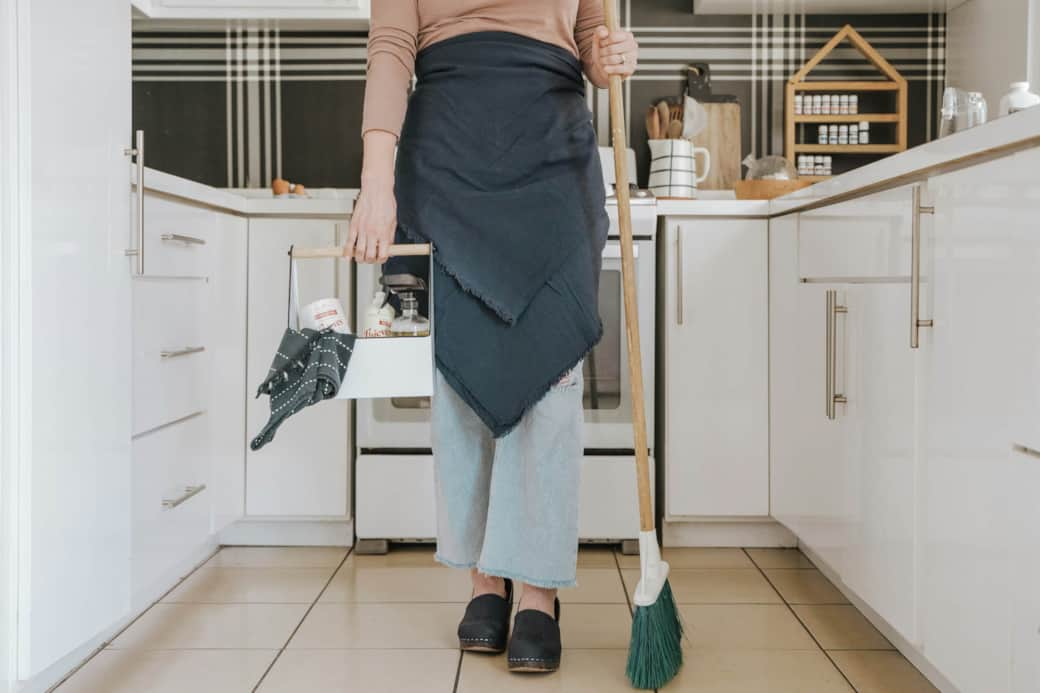
The building bylaw must clearly define the tenant's maintenance responsibilities to prevent damage and maintain the cleanliness of the dwelling. It is also vital to specify each party's responsibilities in the event of a problem.
👉 Pre-written clause for respecting and maintaining the premises:
"The tenant agrees to use the premises responsibly and not to make any modifications (painting, drilling, equipment installation, etc.) without the owner's prior written consent. The tenant is responsible for the regular maintenance and cleaning of the kitchen, bathroom, and the entire dwelling. Professional fees may be charged to the tenant in the event of excessive dirtiness. In the event of a sewer blockage caused by inadequate use (e.g., inappropriate objects thrown into the toilet, excessive accumulation of hair, grease, etc.), the costs of unclogging or a plumber's intervention will be entirely at the tenant's expense."
For furnished dwellings, a detailed inventory is the best way to avoid disputes over the condition of the items. The warranty for these items must appear in the lease or a lease annex.
👉 Pre-written clause for provided items:
"The tenant agrees to use the items responsibly and to return them in the same condition at the end of the lease, with the exception of normal wear and tear. Any damage, loss, or disappearance of a provided item will be the tenant's responsibility. If an appliance or a piece of furniture stops working, the tenant should refer to the lease or its annex for the conditions of repair and replacement."
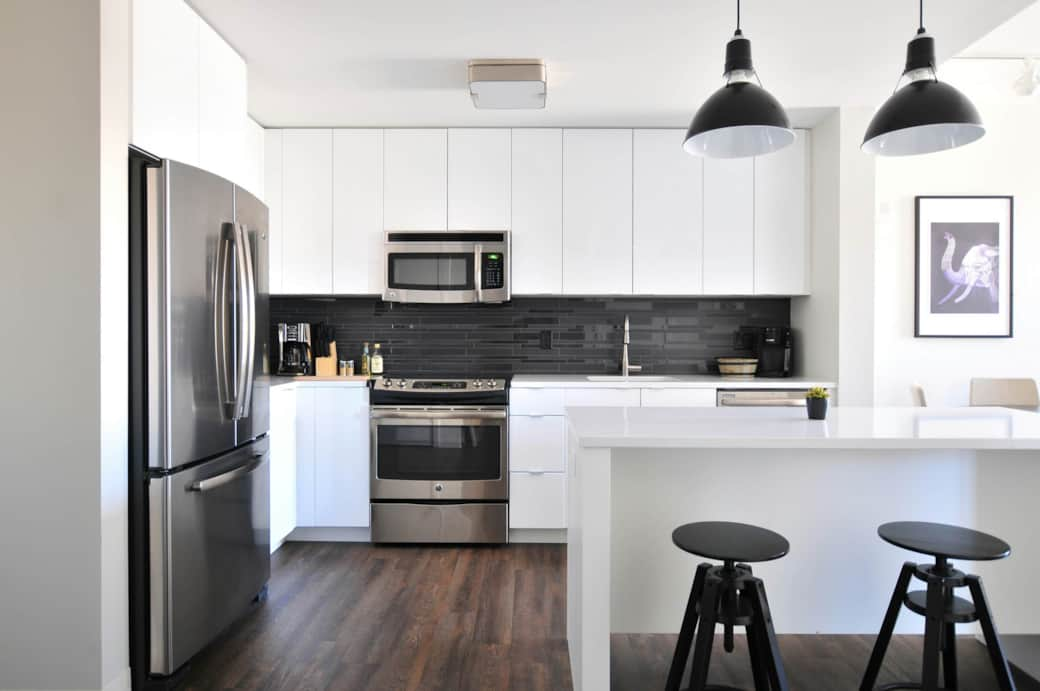
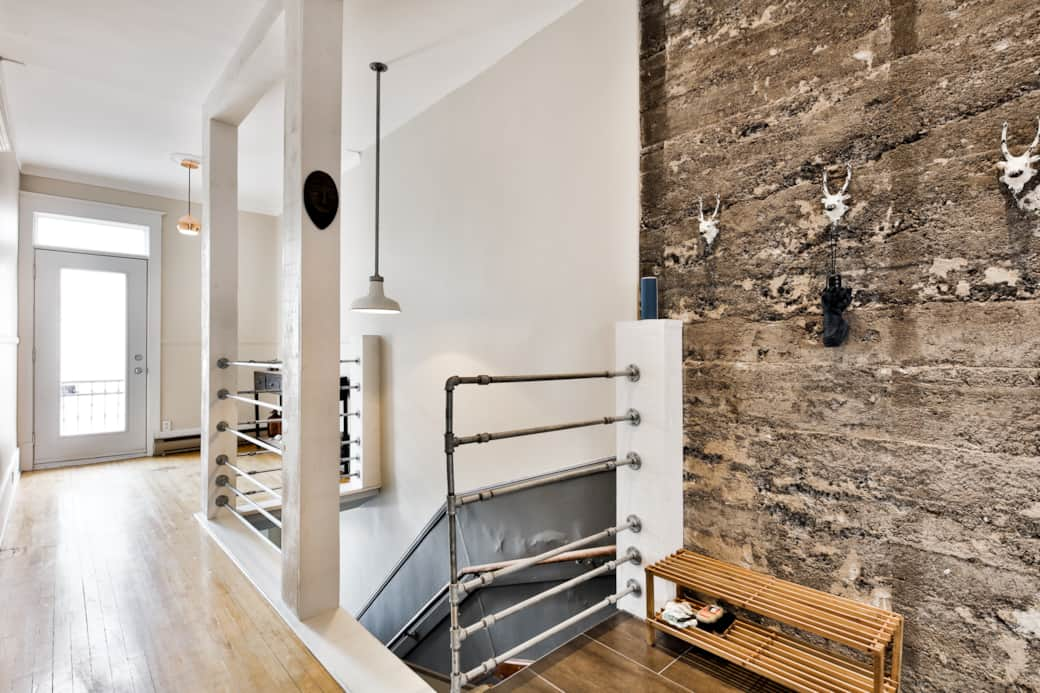
To avoid any misunderstanding, it is important to document the condition of the dwelling at the beginning and end of the lease.
👉 Pre-written clause for inspections:
"At the start and end of the lease, a joint inspection will be carried out to document the condition of the dwelling and the items provided. A photo log will be annexed to the lease to serve as a reference. The tenant agrees to return the dwelling in the same condition as when they arrived, with the exception of normal wear and tear. If the tenant cannot be present for the final inspection, the owner will conduct the condition report and inform the tenant, who will remain responsible for any damages found."
Requiring insurance is an essential protection for both the owner and the tenant against the risks of fire, water damage, etc.
👉 Pre-written clause for insurance:
"The tenant must provide proof of valid civil liability insurance of a minimum of $1,000,000 per event, issued by an authorized Canadian insurer. This insurance must cover damages caused by the tenant, their guests, or any person present in the dwelling. Proof of insurance must be provided to the owner before occupancy and at each lease renewal."
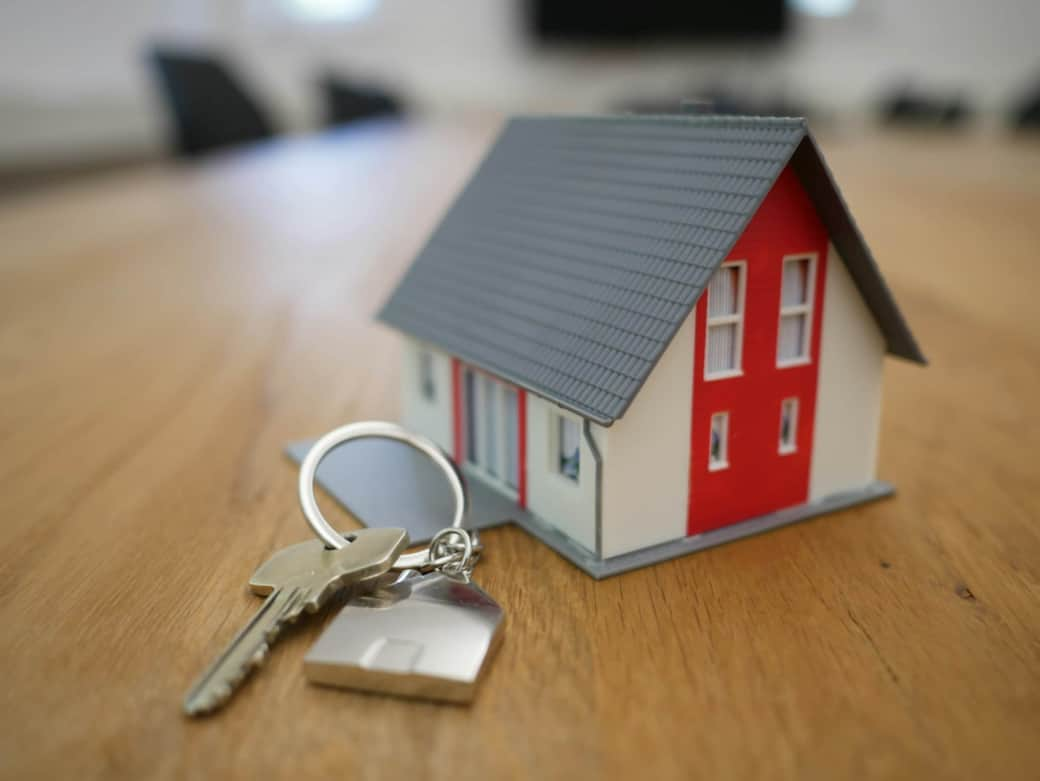
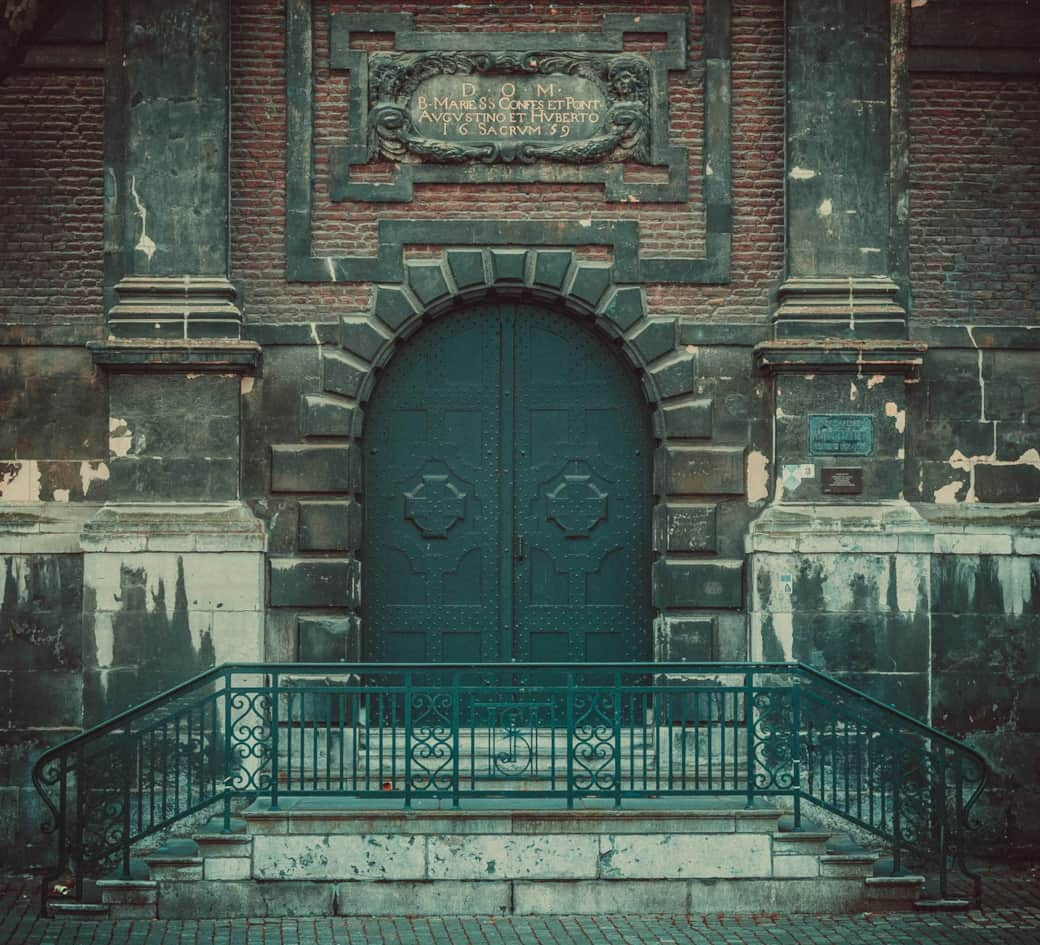
It is crucial to define everyone's responsibilities regarding security and to recall the legal rules for owner visits (See the capsule on Éducaloi).
👉 Pre-written clause for security and access:
"The tenant must ensure that all doors and windows are locked when leaving the dwelling. The tenant must allow the owner access to the dwelling for inspections, work, or in an emergency, in accordance with the provisions of the Civil Code of Quebec A reasonable notice of 24 to 48 hours will be provided, except in cases of emergency where immediate access may be required."
A clause on subletting is essential to avoid problems related to platforms like Airbnb and to maintain control over the occupants of your property.
👉 Pre-written clause for subletting:
"Subletting, whether short, medium, or long term, is strictly prohibited unless with the owner's prior written authorization. The tenant must occupy the premises as their principal residence for the entire duration of the lease. Any unauthorized subletting, including via platforms like Airbnb, may result in the immediate termination of the lease and legal proceedings."
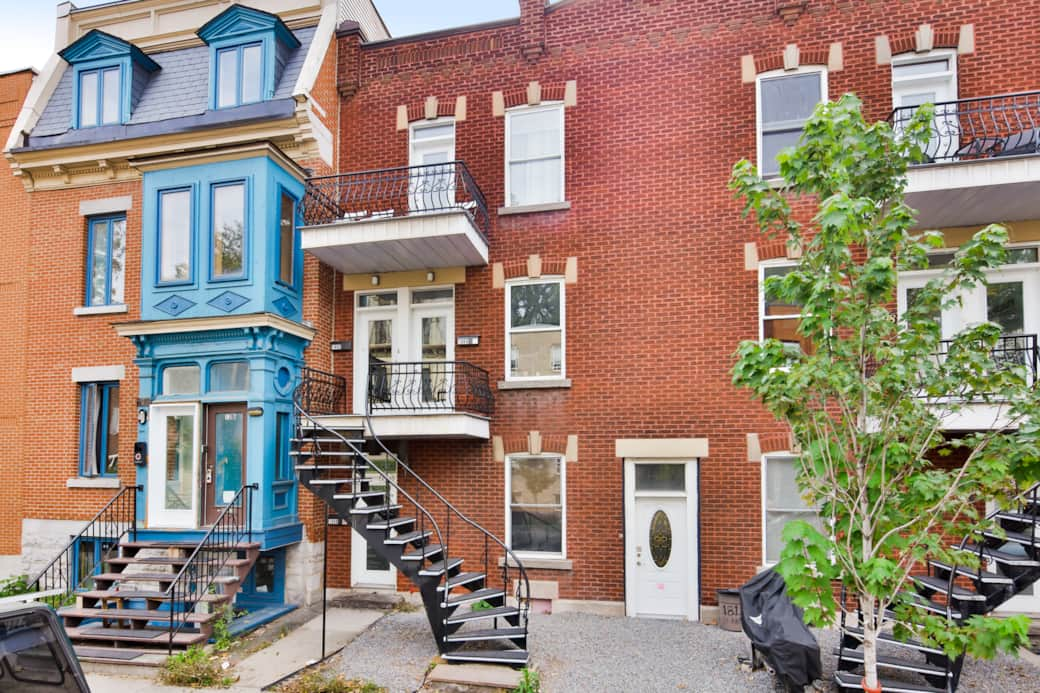

It is important to remind the tenant that non-compliance with the bylaw is a breach of the lease and will have consequences.
👉 Pre-written clause for consequences:
"Non-compliance with one or more points of this bylaw may lead to the termination of the lease, in accordance with the provisions of the Civil Code of Quebec, as well as legal proceedings for damages."
A building bylaw must be fair and respect the rights of tenants. Certain clauses can be illegal and contested before the Tribunal administratif du logement (TAL). Here are the pitfalls to avoid with examples of cases brought before the TAL:
| 1. Prohibiting Guests | Explanation: Tenants have the right to receive guests, unless they cause a nuisance. Case: A clause prohibiting all guests after 8 p.m. was nullified by the TAL as an excessive restriction. Case: A rule limiting guests to less than 24 hours was deemed abusive. |
| 2. Restricting Privacy | Explanation: Imposing intrusive rules on privacy is prohibited. Case: A clause requiring the declaration of all household members, including children, was rejected as an infringement on privacy. Case: A rule prohibiting children under 12 was invalidated for discrimination. |
| 3. Requiring a Security Deposit | Explanation: Requesting a deposit, even for a furnished property, is illegal in Quebec. Case: A clause requesting a $500 deposit was annulled with a refund. Case: A rule imposing a "maintenance fee" as a deposit was invalidated. |
| 4. Charging for Normal Wear and Tear | Explanation: Including rules that hold the tenant responsible for normal wear and tear is illegal. Case: A clause requiring fees for paint peeled by wear and tear was deemed invalid. Case: A rule imposing professional cleaning for normal carpet wear was refused. |
| 5. Other Frequent Pitfalls | Explanation: Other problematic clauses are regularly contested. Case: A rule allowing entry without 24-48 hours' notice led to a complaint. Case: A clause completely prohibiting the installation of wall decorations was contested as an excessive restriction. |
Once your bylaw is drafted, remember to have it initialed and signed by your tenant, then annexed to the lease. A well-crafted document is an investment that will save you time and avoid a lot of hassle. It is proof of your professionalism and the guarantee of a respectful living environment for everyone.
Your building bylaw is an essential communication tool to prevent conflicts and ensure healthy and peaceful rental management.
1. Can I impose fines if the tenant doesn't follow the bylaw?
No. You cannot impose fines or punitive fees. Only the Tribunal administratif du logement (TAL) can order the payment of damages if the tenant doesn't meet their obligations.
2. If my tenant refuses to sign the bylaw, is it valid?
No. For it to have legal value, the bylaw must be annexed to the lease and signed by the tenant. If the tenant refuses, the bylaw doesn't apply. You could consider another applicant who agrees to your rules.
3. Can I add a clause that overrides a rule in the Civil Code?
No. Clauses that contradict the Civil Code of Quebec are automatically null and void.
4. I just acquired a building, and the tenants are already there. How can I impose a bylaw on them?
You cannot unilaterally impose a bylaw on existing tenants. The bylaw must be proposed as a lease modification, and they have the right to refuse it. In that case, it won't apply to them, but you can impose it on future tenants.
5. Should I include all the rules in the bylaw or just some?
It's better to include all important rules, even obvious ones, to avoid gray areas.
6. Does the bylaw have to be written by a lawyer?
Not necessarily, but a lawyer or rental manager can validate its compliance.
7. Can a poorly drafted bylaw be contested?
Yes, a tenant can appeal to the Tribunal administratif du logement to have a clause invalidated.